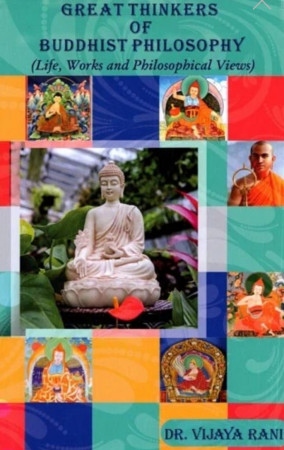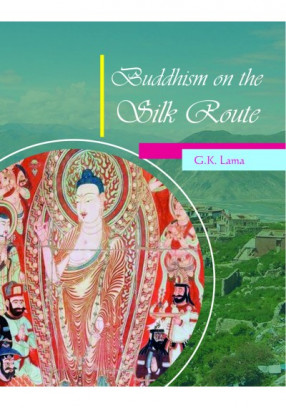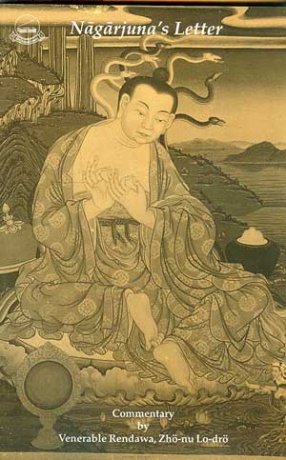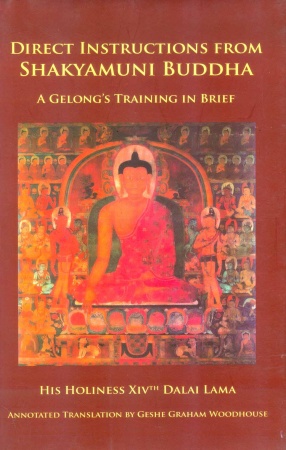Great Thinkers of Buddhist Philosophy (Life, Works and Philosophical View)
Indian philosophy has a long, rich and varied tradition, which goes back to the Vedas and the Upnisads of many thousands of years ago. Due to the different thought-process of thinkers and philosophers, there were developed different religious sects and philosophical systems. In the Vaidika period, our 'Rsis' used to offer their prayers to the deities, belonging to 'Nature' such as - Agni (Fire), Sürya (Sun), Marut (Air), Varuna (Lord of Waters) and so on. But in the Aupanisadika period, the Rsis accepted 'Brahman' and Atman' (Soul) as the eternal and permanent entities. A time also appeared in Indian Society, when people started to have firm faith in Yajnika activities (Karma-kända). Besides, in the society, there appeared some 'Nihilistic' thinkers also, who preached about 'Akriyavada' (Theory of no- action), 'Niyativada' (Theory of Destiny), 'Bhautikatavada' (Materialism) etc. In this way, during that time there got developed different types of religious and philosophical tendencies in our society, due to which common-man could not understand, to which way he should go and what is the right path for him to adopt.
In such circumstances, there appeared a unique divine personality in the form of Lord Buddha (600 B.C.), who was bestowed with so many glorious and noble qualities, which made him an unparalleled human character on the earth. His simple moral teachings such as- Four-noble- truths, Impermanence, Momentariness, Dependent- origination, theories of No-soul, Action and its result etc. were very much liked and accepted by the masses due to their logical, rational and practical nature.
After the Mahaparinirvana' of Lord Buddha, his original preaching’s were collected by his followers in three big treatises, called as 'Tripitakas' (Vinaya-pitaka, Sutta-pitaka and Abhidhamma-pitaka). But in due course of time, there started to grow divergence of opinions among his own followers (Bhiksus). As such at the time of King Asoka, this religion got splitted into 18 sects.
So far as its philosophical aspect is concerned, there got developed gradually several changes in the thinking of the future - Buddhist - masters, due to which this system got divided into four philosophical schools viz. Vaibha?ika, Sautrantika, Madhyamika (Sünyavada) and Yogacara (Vijñavada).
Get it now and save 10%
BECOME A MEMBER








Bibliographic information